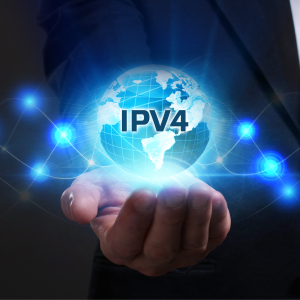
In the ever-evolving digital landscape, businesses face the critical task of choosing the most suitable infrastructure to support their data management needs. Two prominent options that often come into consideration are colocation and in-house data centers. Each approach offers distinct advantages and considerations, making it crucial for organizations to carefully evaluate their options. In this article, we will delve into the differences between colocation and in-house data centers, equipping you with the knowledge needed to make an informed decision about your infrastructure.
Understanding Colocation
Colocation involves renting space within a third-party data center facility to house your IT infrastructure. This arrangement allows businesses to leverage the data center’s advanced infrastructure, including power, cooling, connectivity, and security features. By outsourcing data center operations, businesses can focus on their core activities while benefiting from the expertise and resources of the colocation provider.
Exploring In-House Data Centers
In-house data centers, as the name suggests, involve building and maintaining data center facilities within the business premises. This approach gives organizations complete control over their infrastructure, allowing them to customize and tailor it to their specific needs. It also enables direct oversight and management of all aspects of the data center operations.
Factors to Consider
When deciding between colocation and in-house data centers, several factors should be taken into account:
Cost: Colocation typically involves lower upfront costs compared to building and maintaining an in-house data center. However, long-term costs should also be considered, including ongoing rental fees and costs associated with scaling.
Scalability: Colocation providers often offer flexible options for scaling infrastructure as business needs evolve. In contrast, in-house data centers may require substantial investments in equipment and infrastructure upgrades to accommodate growth.
Reliability and Security: Reputable colocation facilities provide redundant power, cooling, and connectivity, along with robust security measures. In-house data centers require significant investments to achieve comparable levels of redundancy and security.
Expertise: Colocation providers have specialized teams with extensive knowledge in data center management and maintenance. In-house data centers require businesses to have the necessary expertise and resources to handle all aspects of data center operations.
Making the Decision
Choosing between colocation and in-house data centers depends on various factors unique to each business. It is essential to evaluate your organization’s specific requirements, budget, scalability needs, and long-term growth plans.
For small to medium-sized businesses with limited budgets and resource constraints, colocation often provides a cost-effective and scalable solution. It allows them to leverage enterprise-grade infrastructure without the capital investment and ongoing operational expenses associated with building an in-house data center.
On the other hand, larger organizations with substantial IT budgets and specific compliance or security requirements may opt for in-house data centers. This approach provides complete control over the infrastructure, customization options, and direct oversight of operations.
Conclusion
Selecting the right infrastructure model, whether colocation or in-house data centers, is a significant decision that impacts a business’s efficiency, scalability, and bottom line. By considering factors such as cost, scalability, reliability, security, and expertise, organizations can make an informed choice that aligns with their specific needs and goals. Whether you choose colocation or an in-house data center, ensuring that your data infrastructure supports your business objectives is crucial in today’s increasingly digital landscape.


